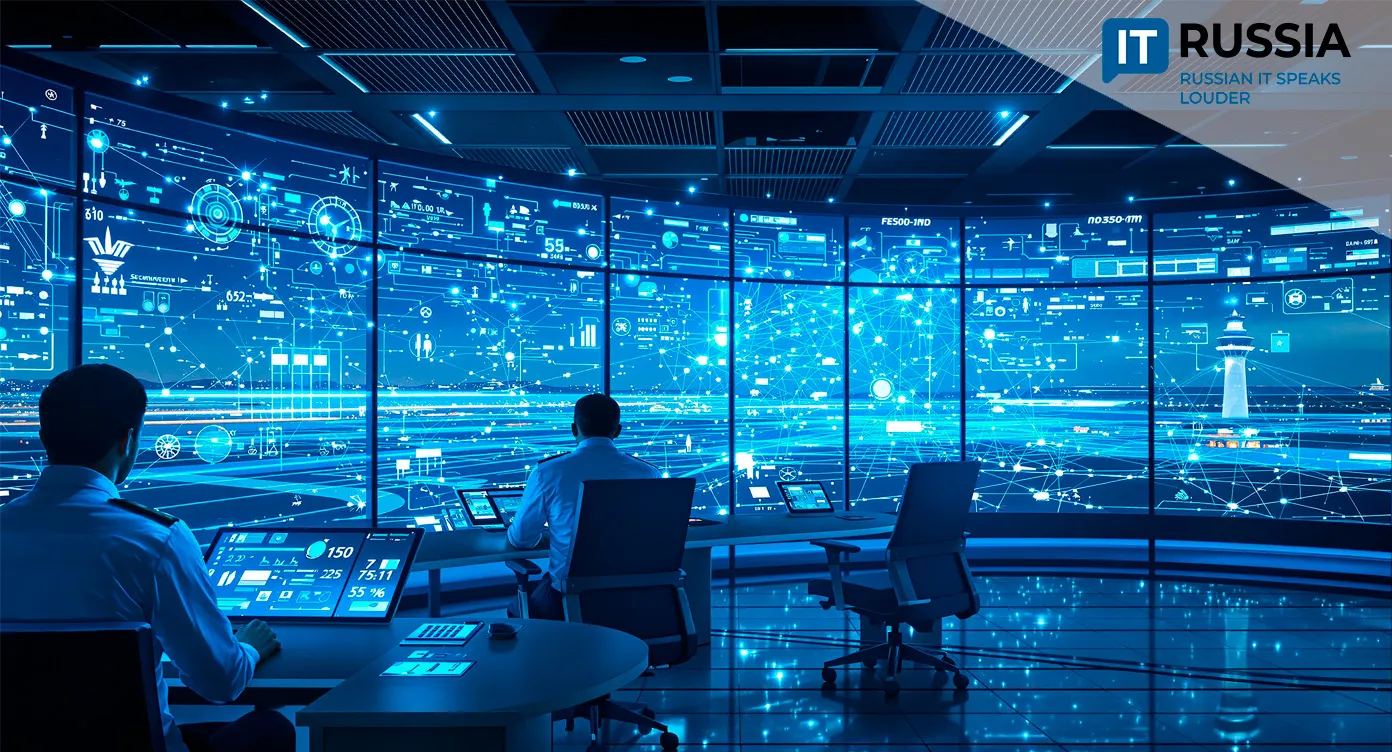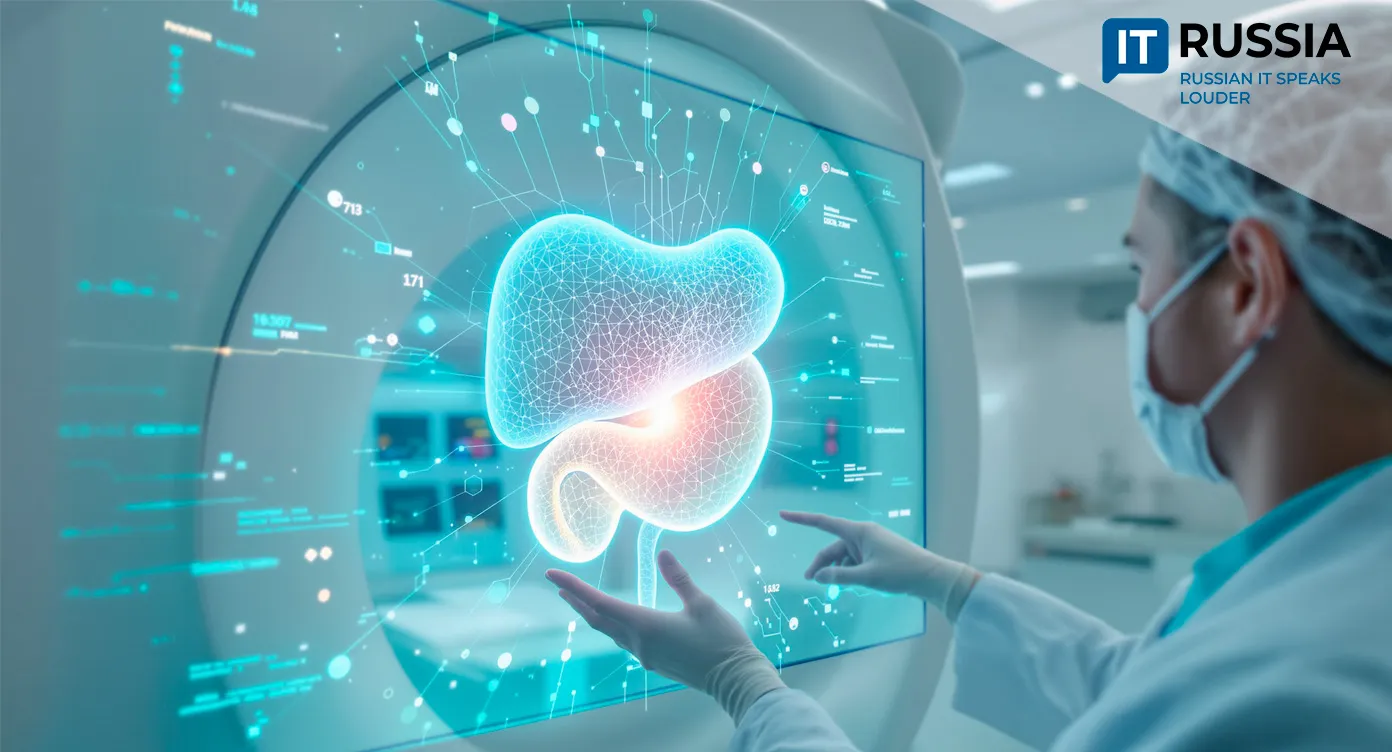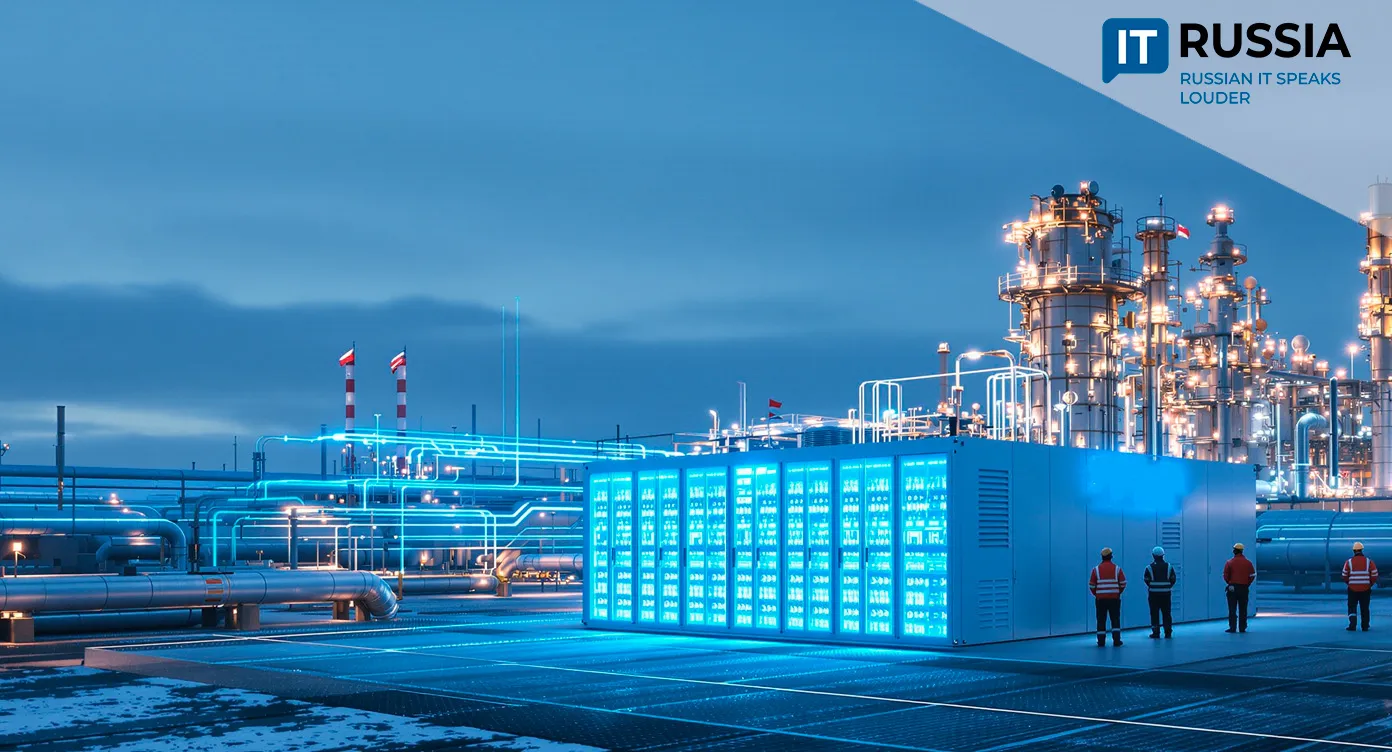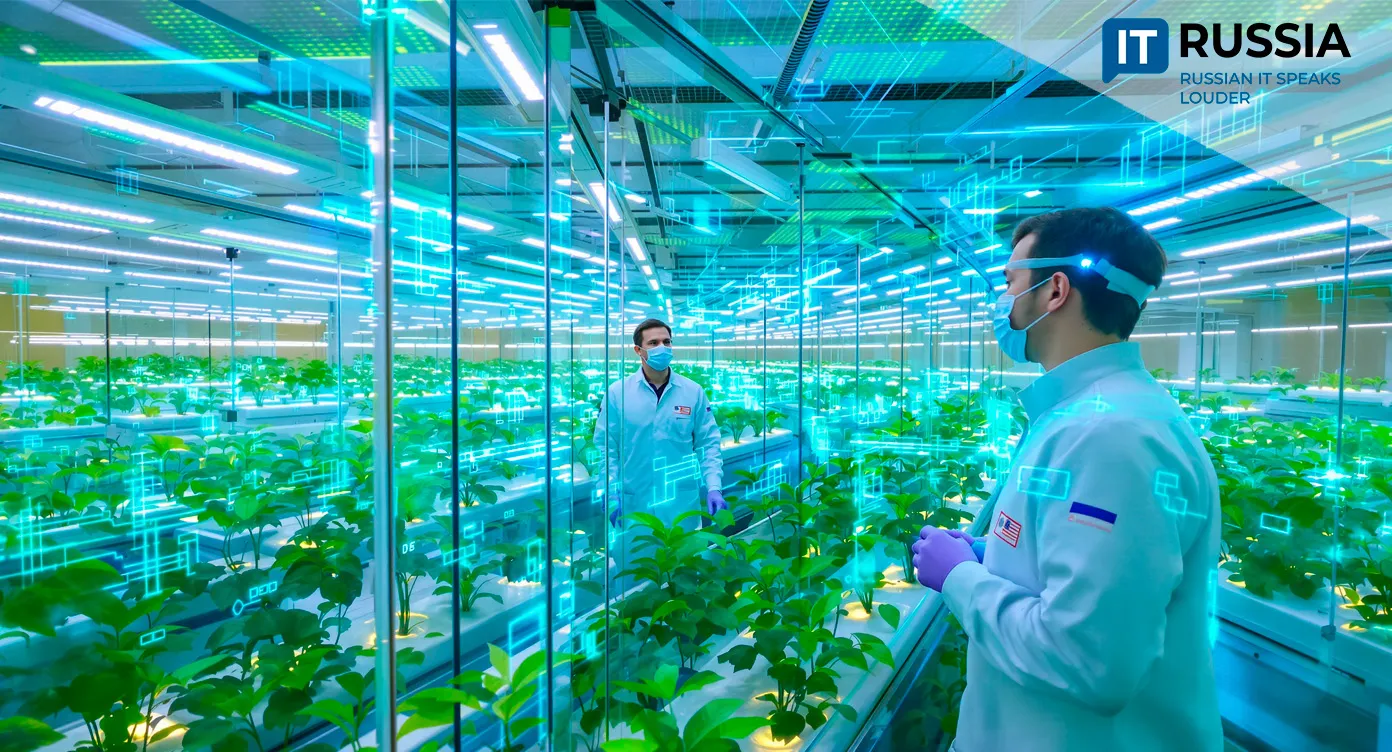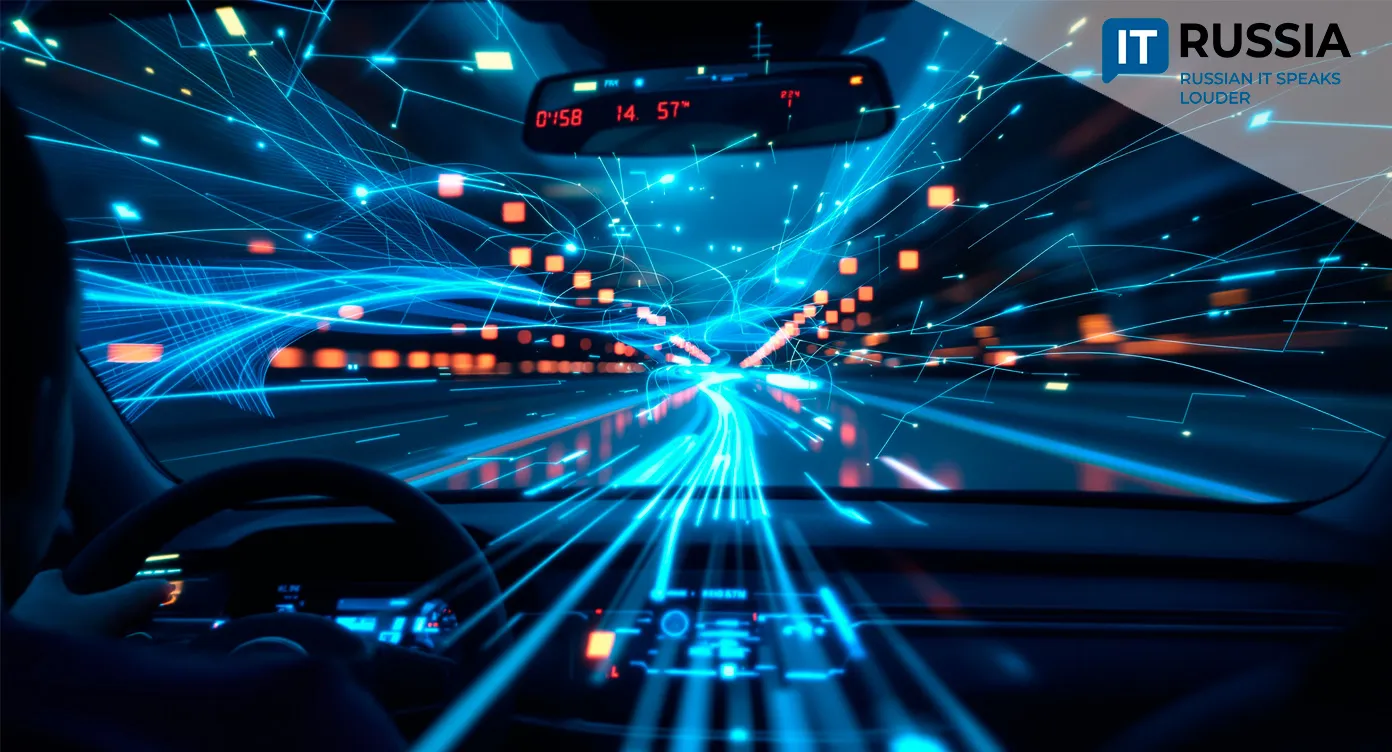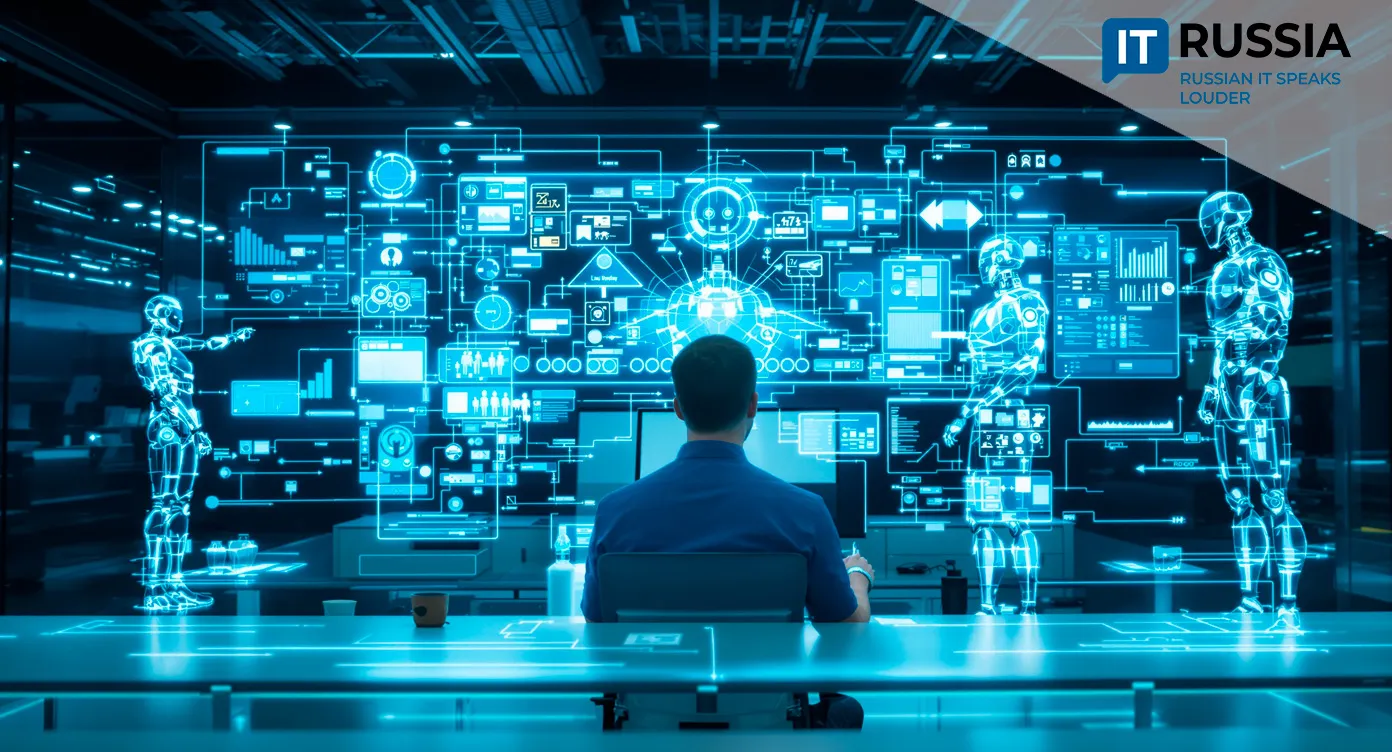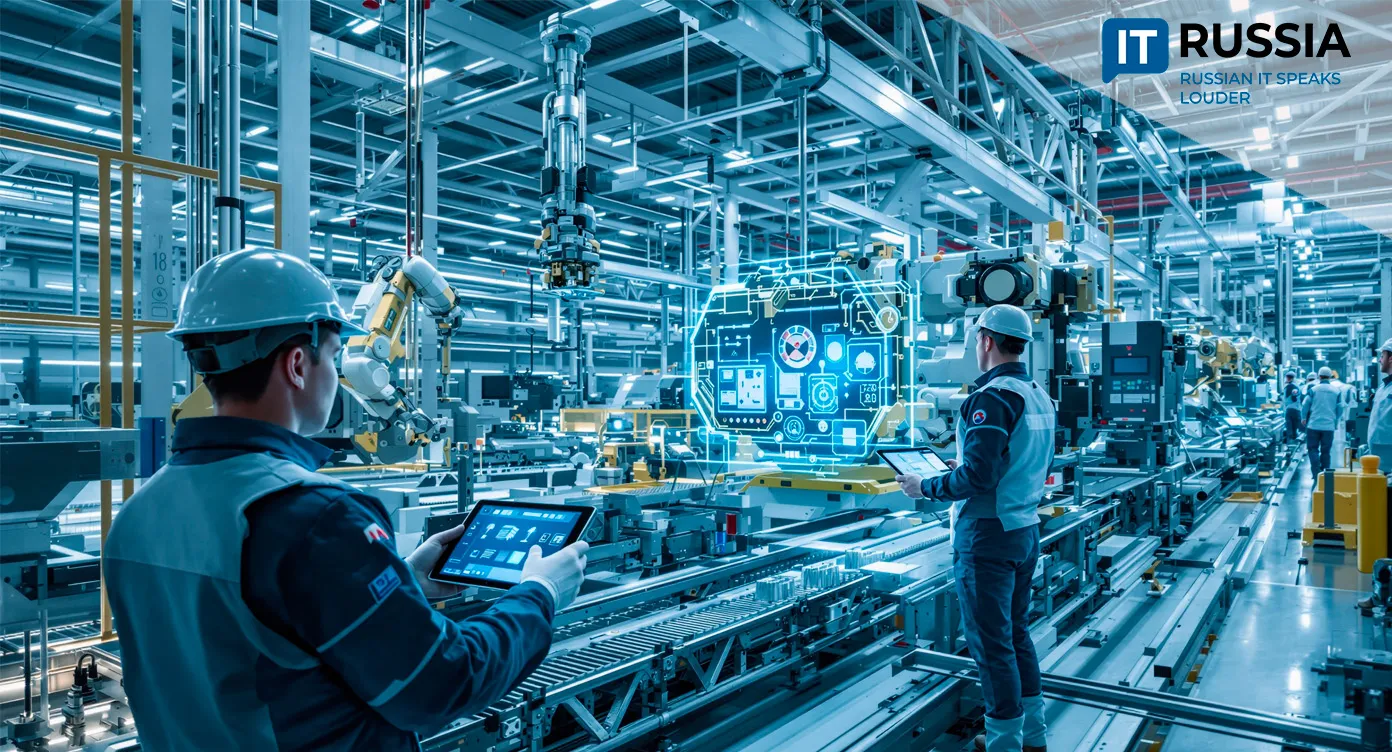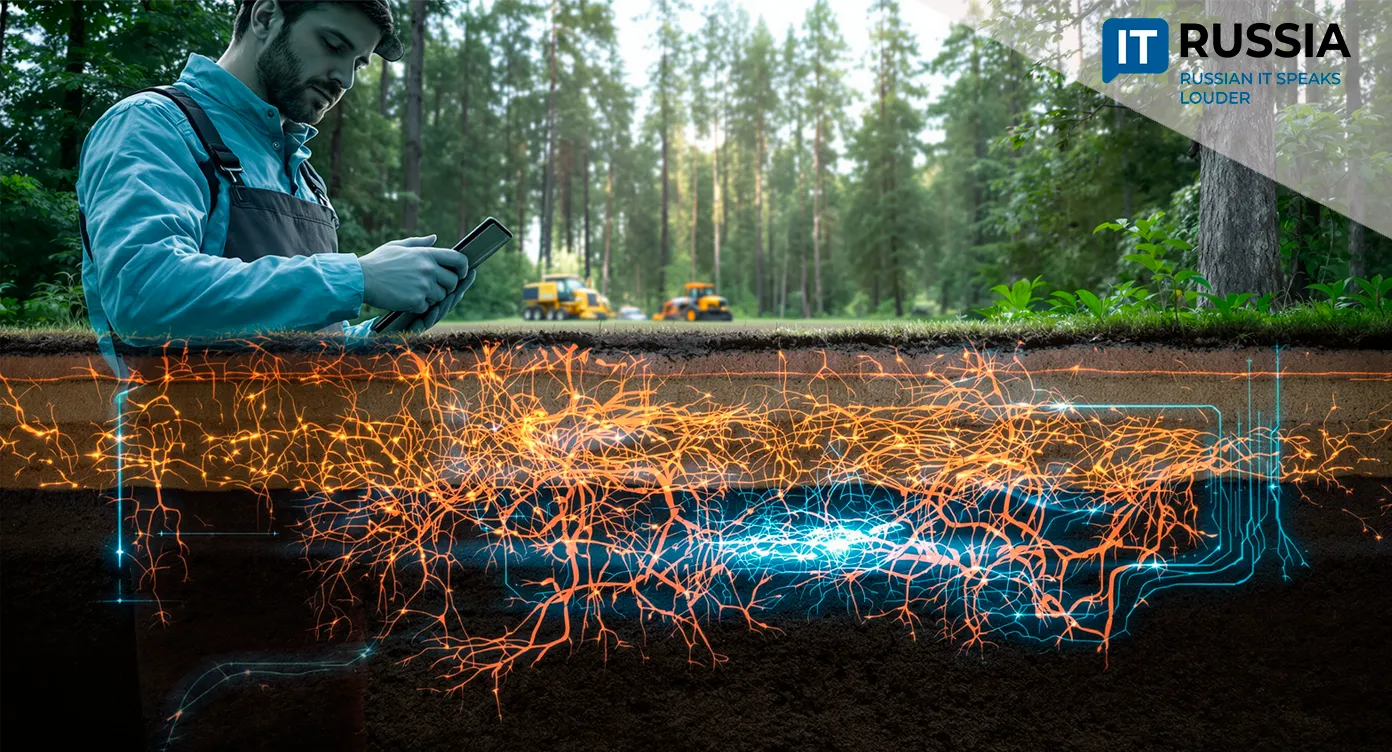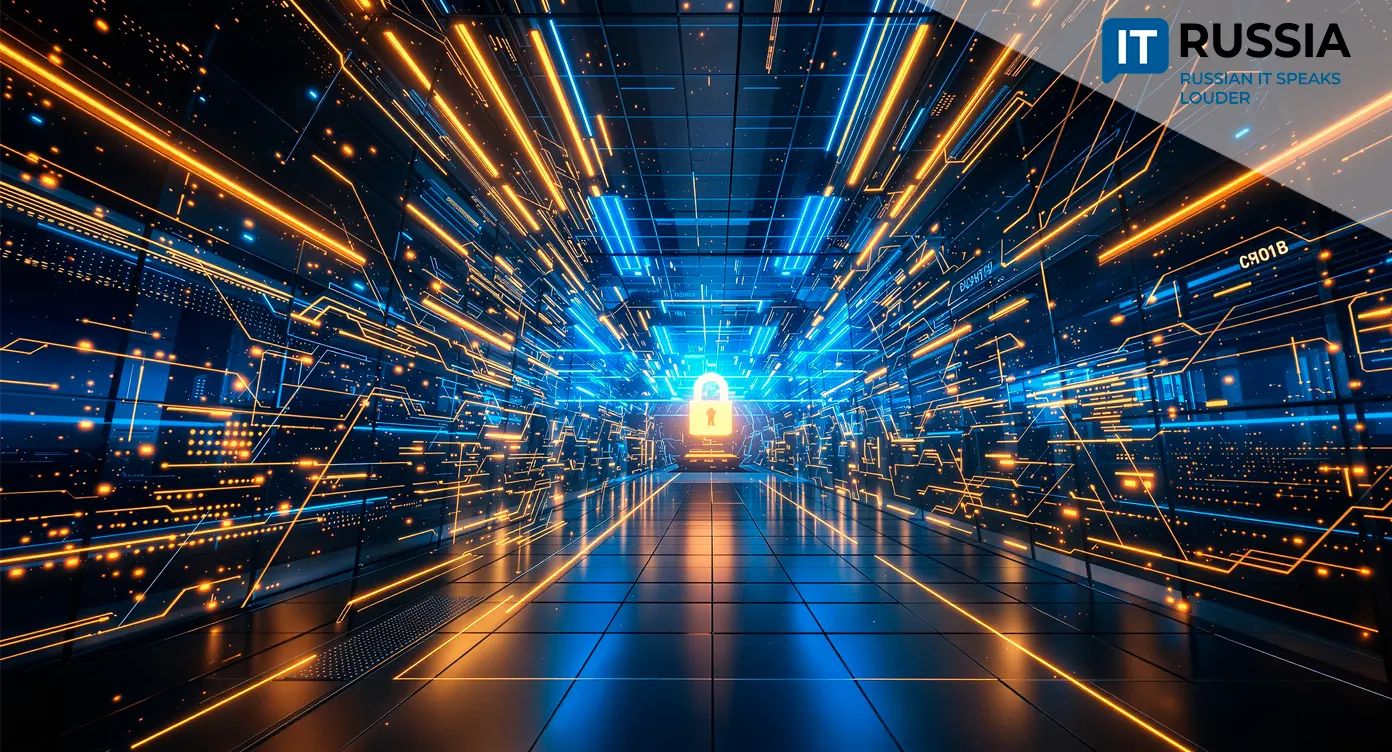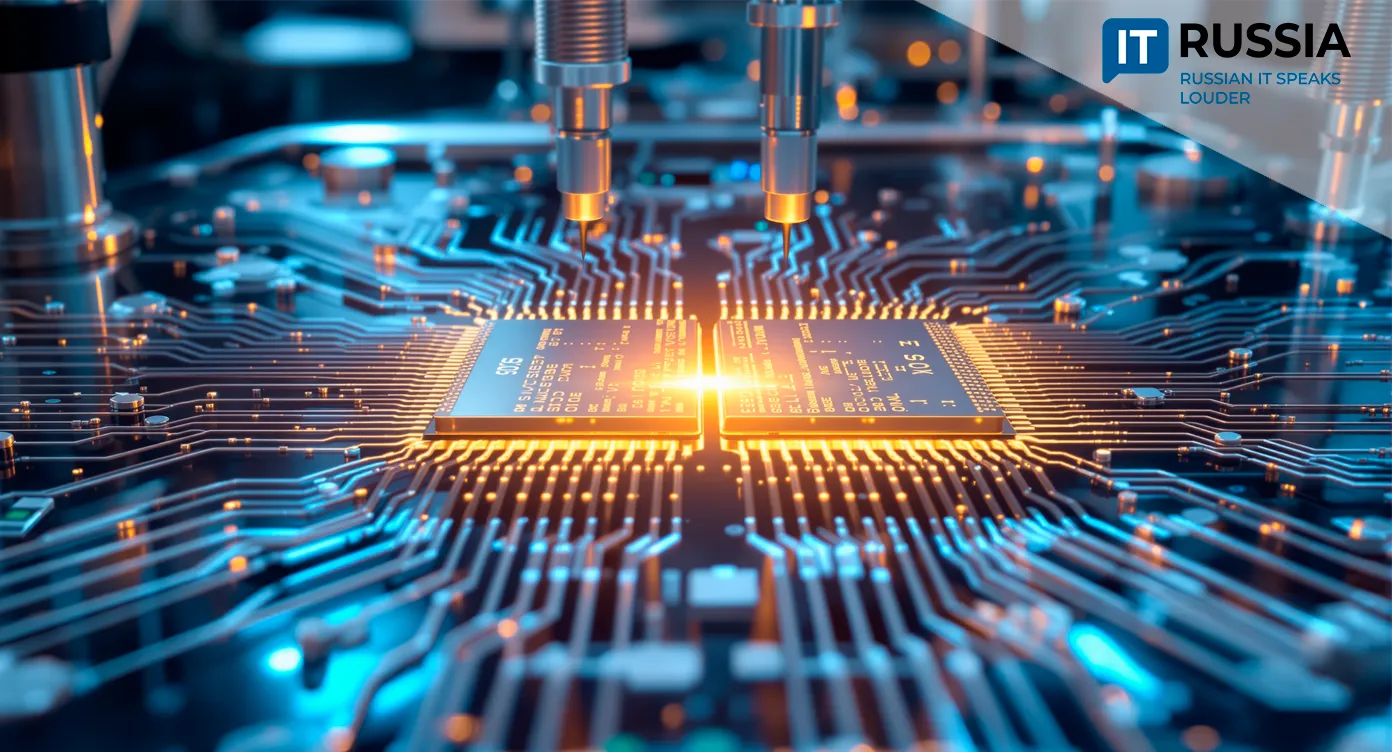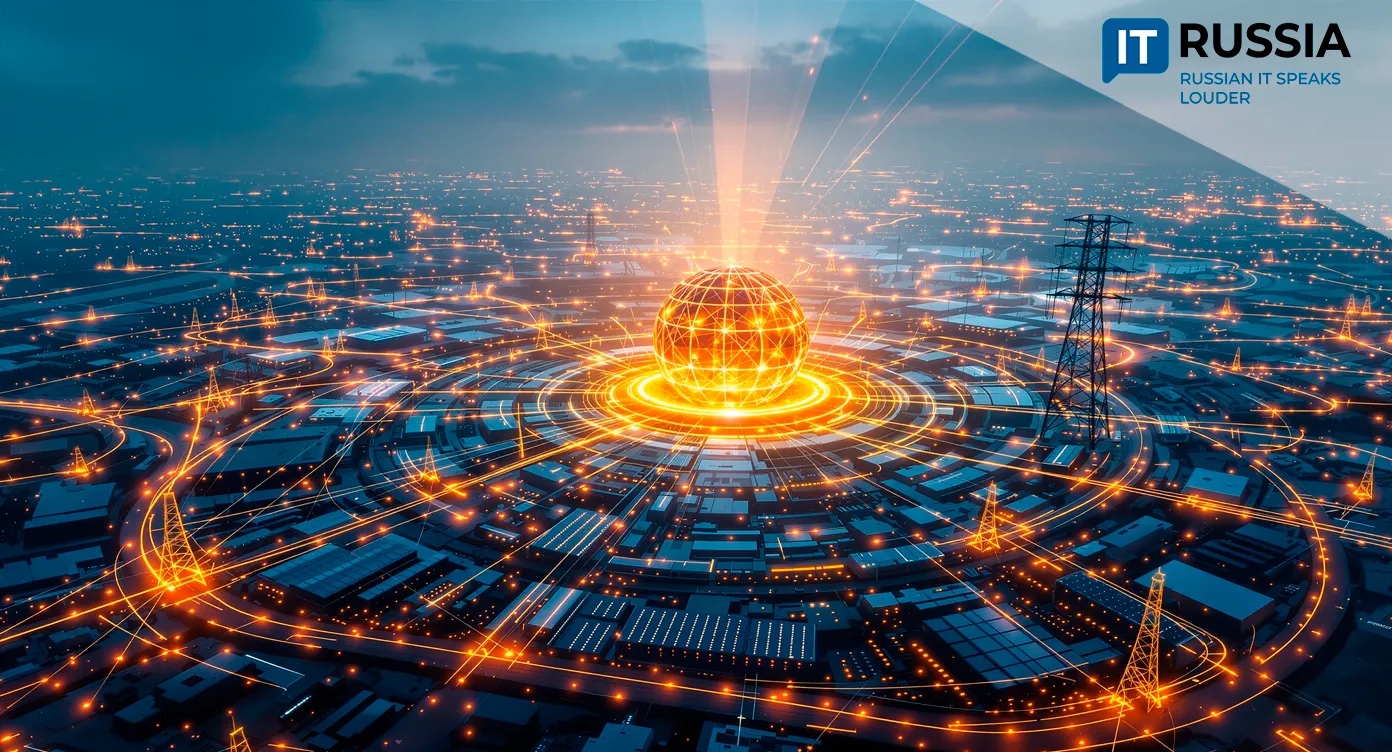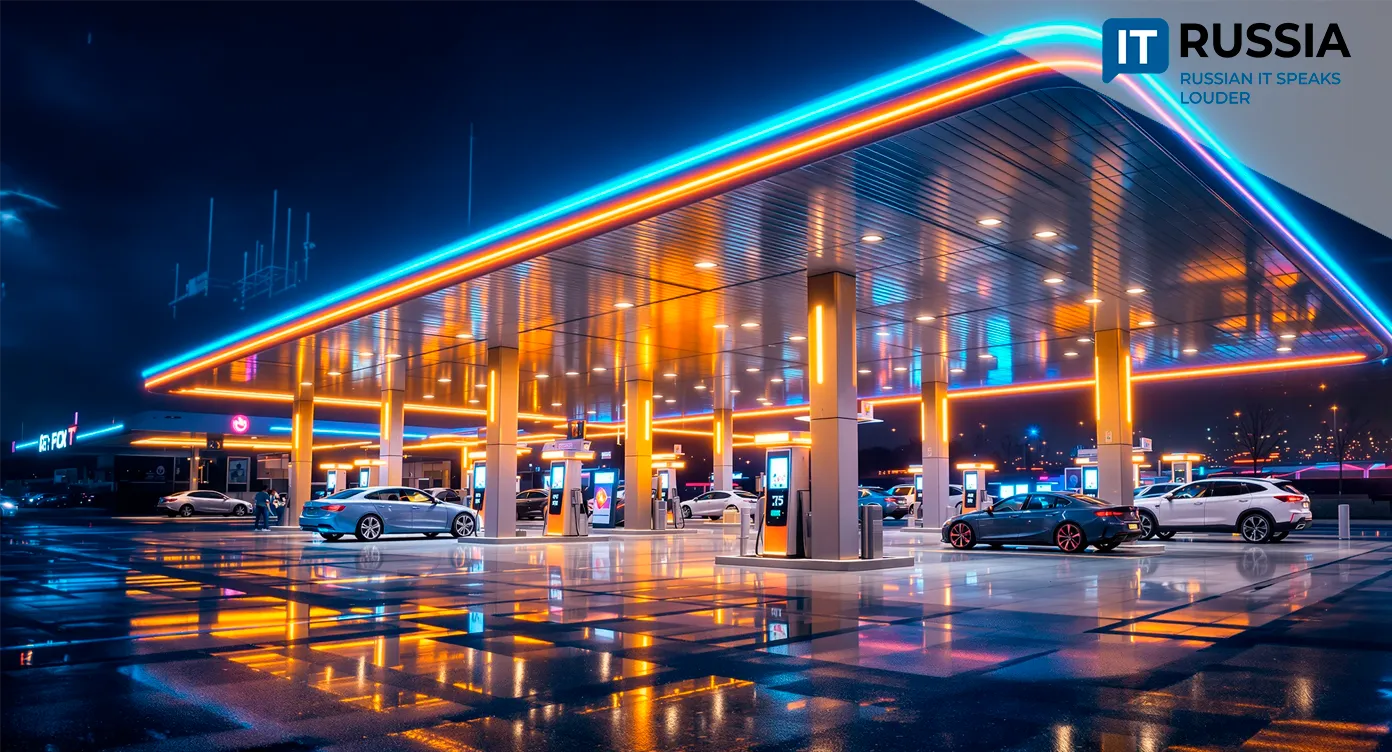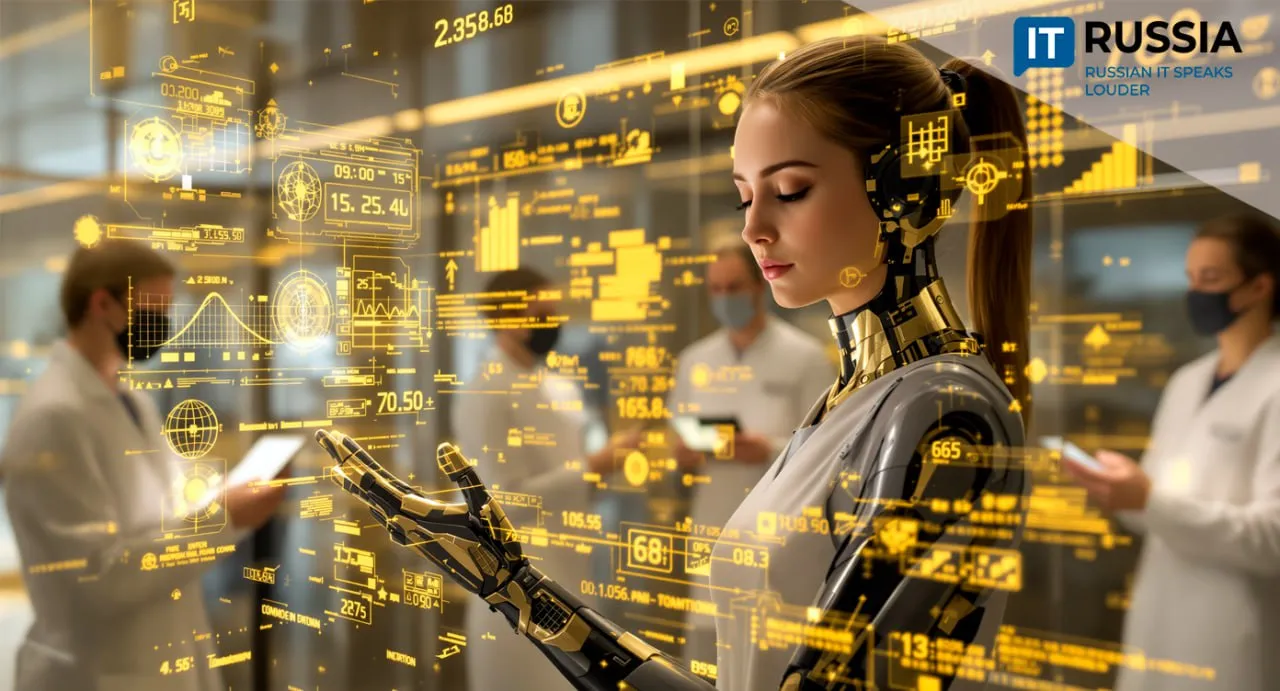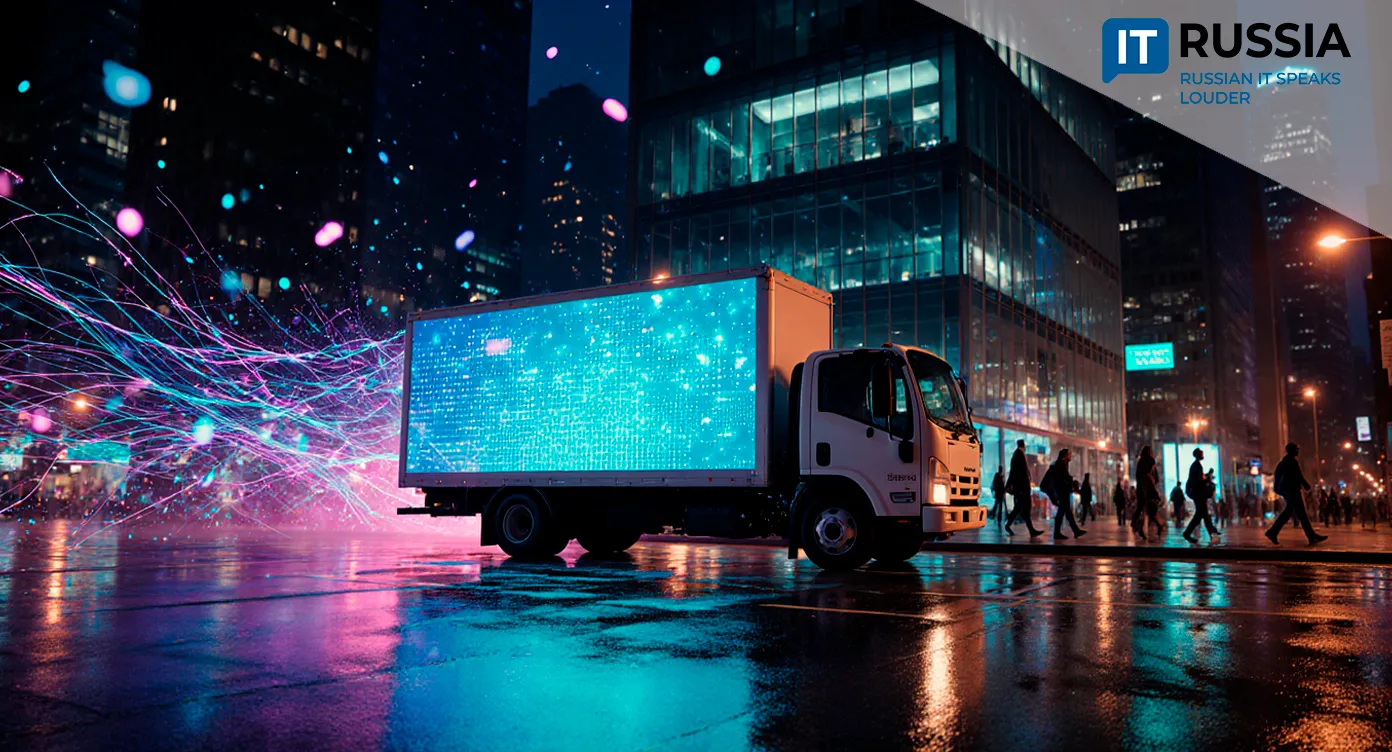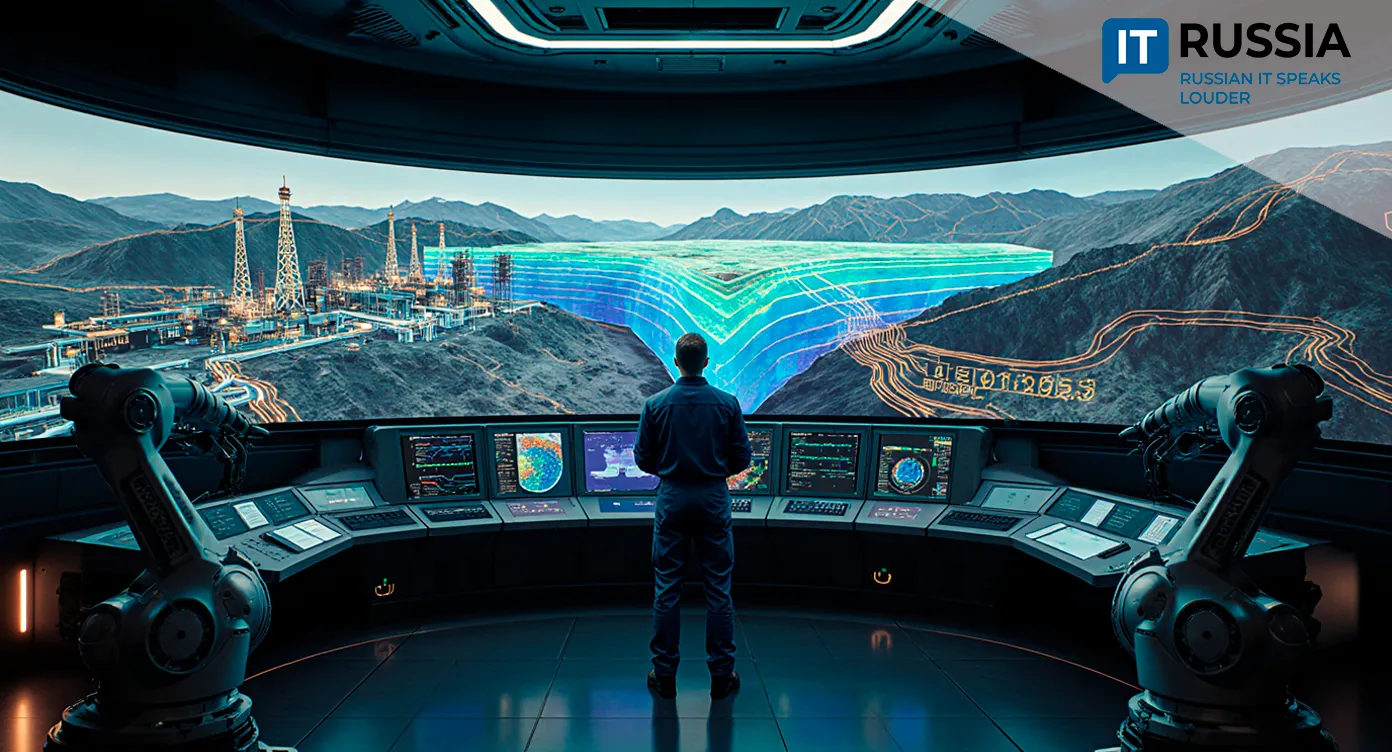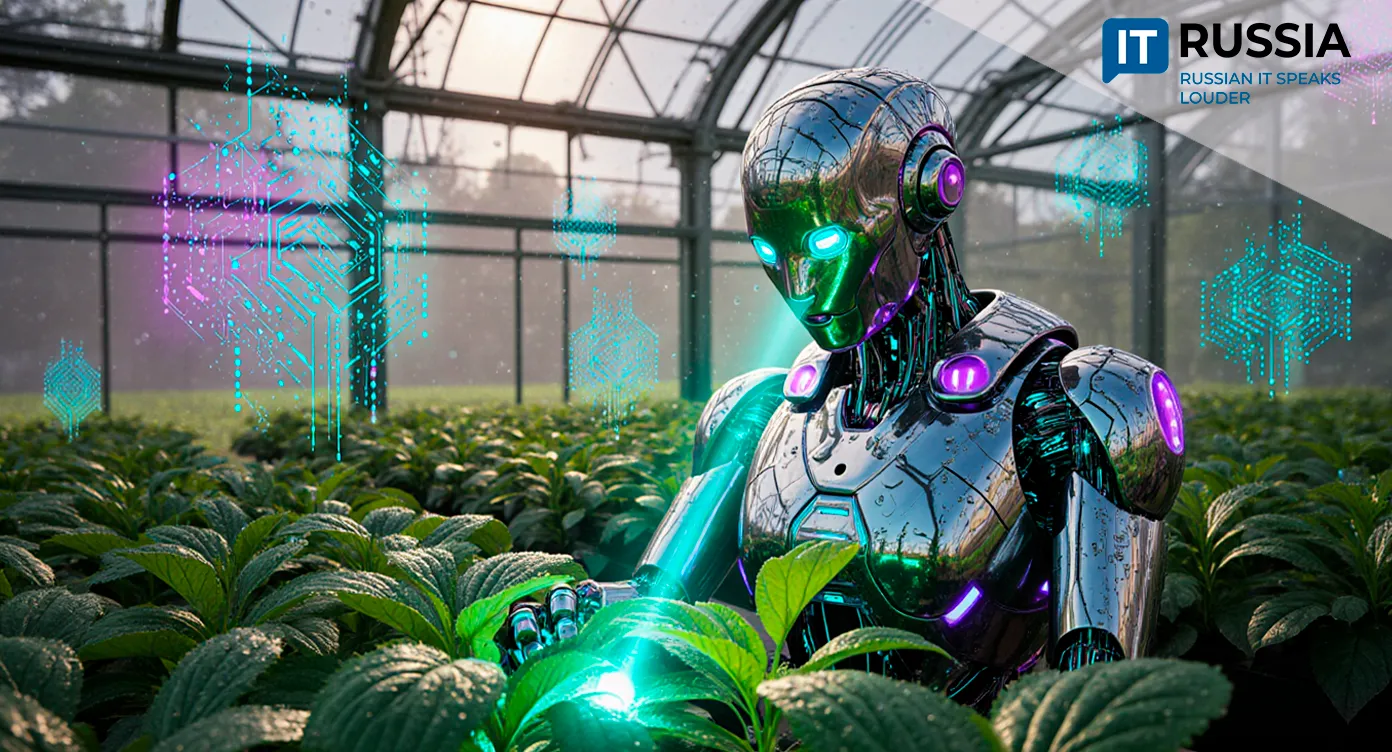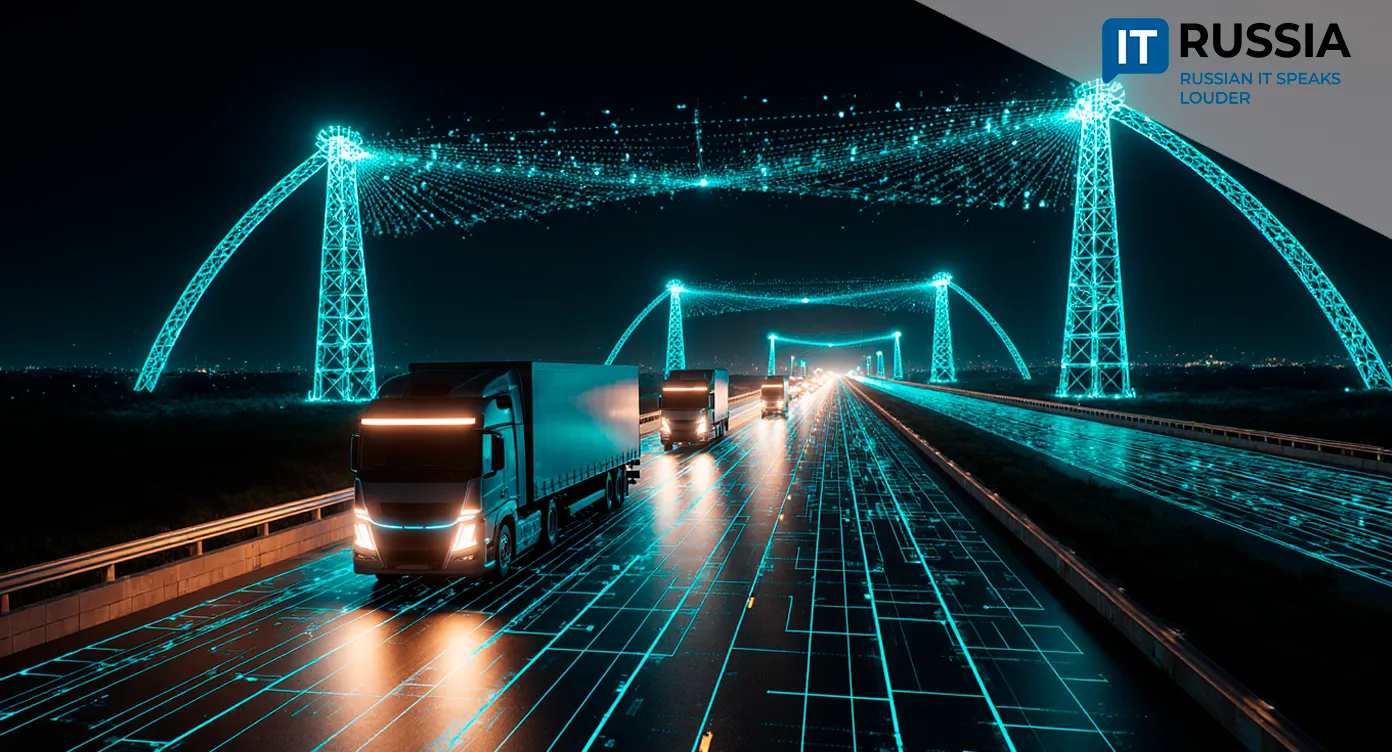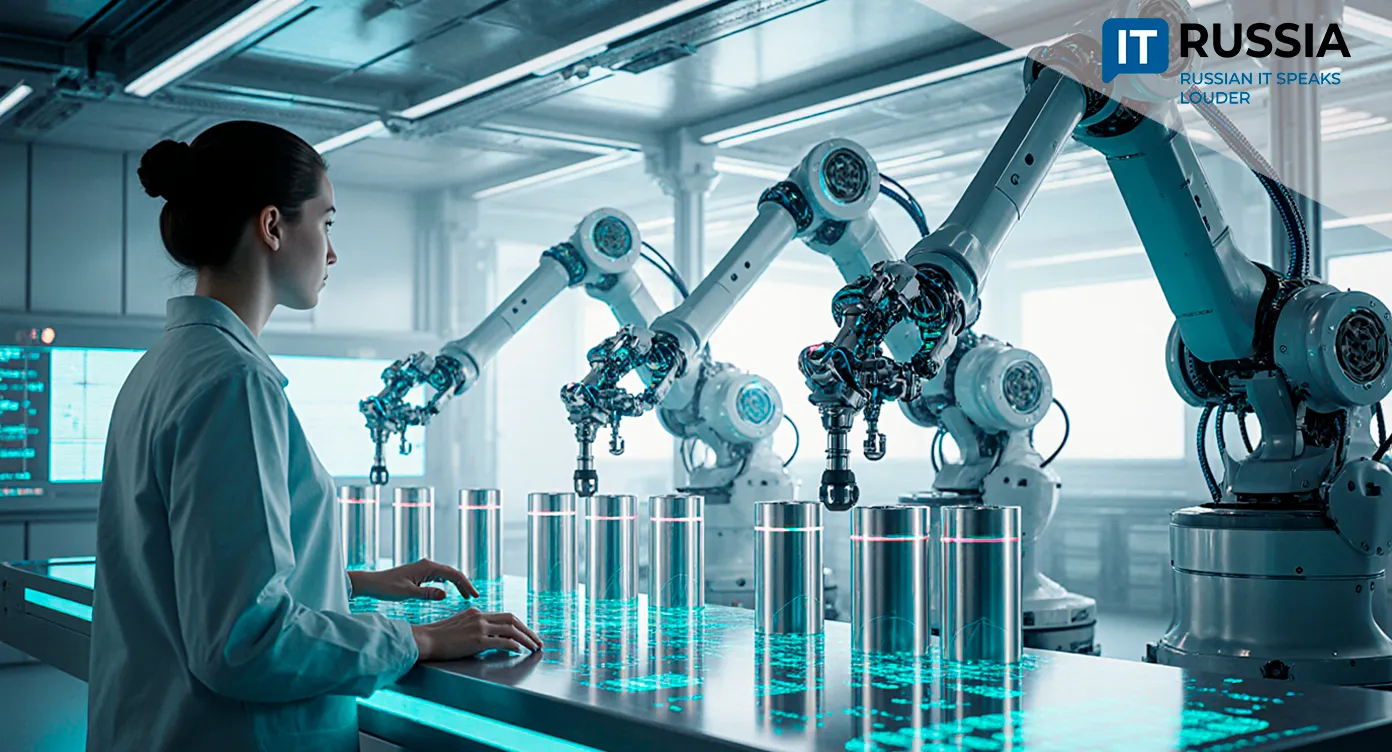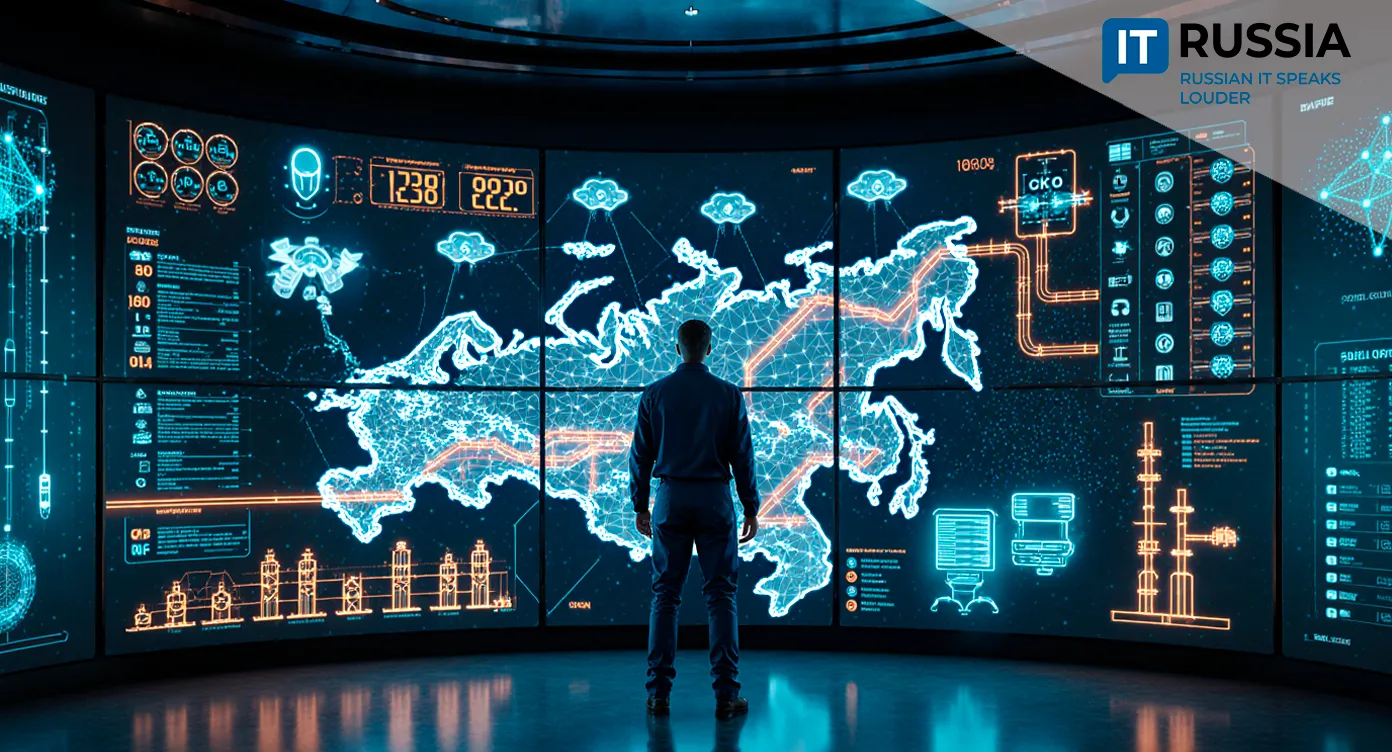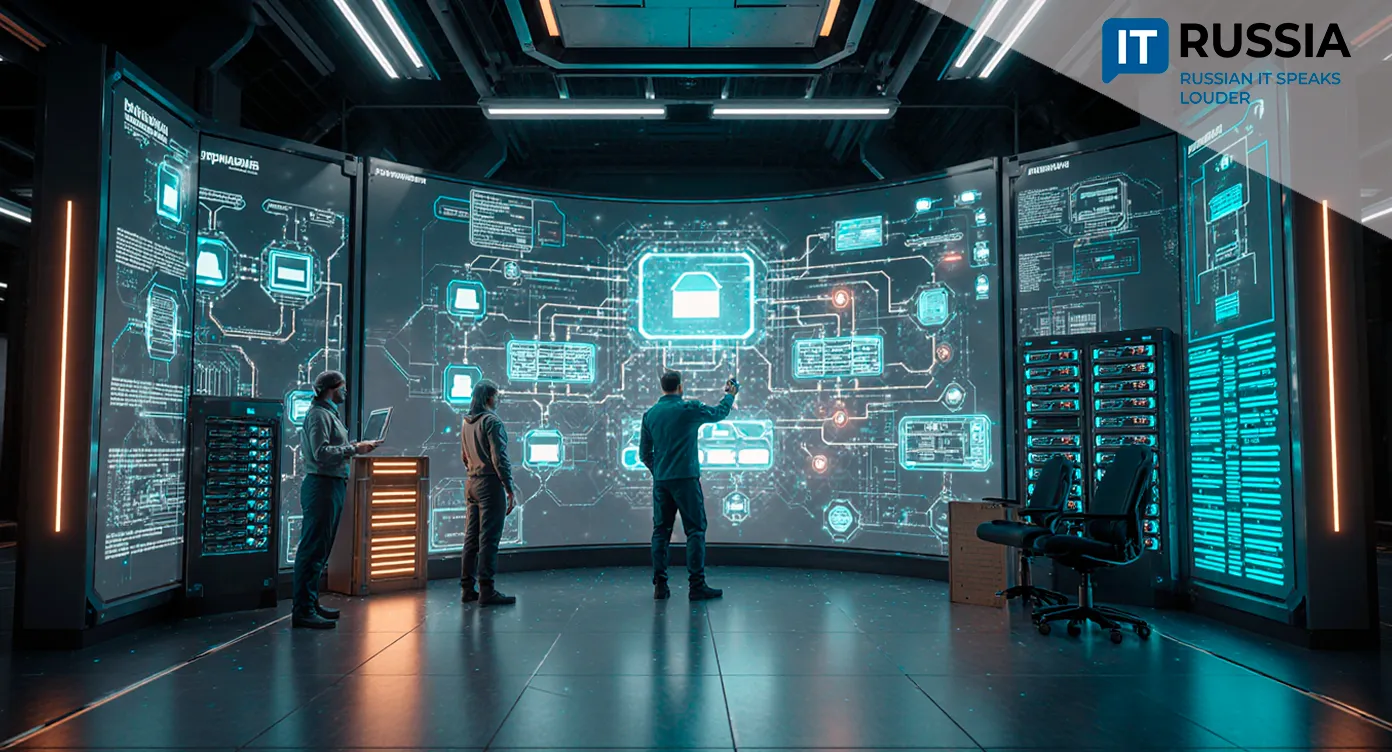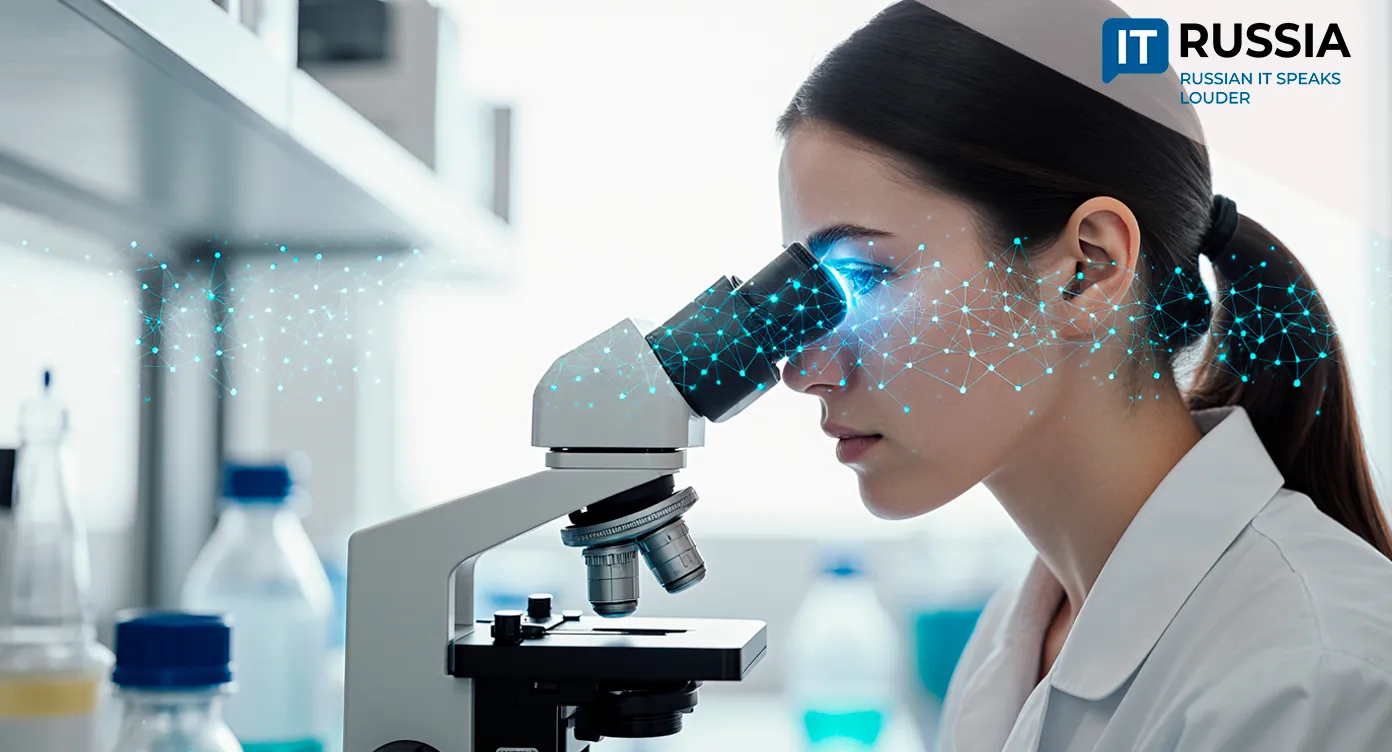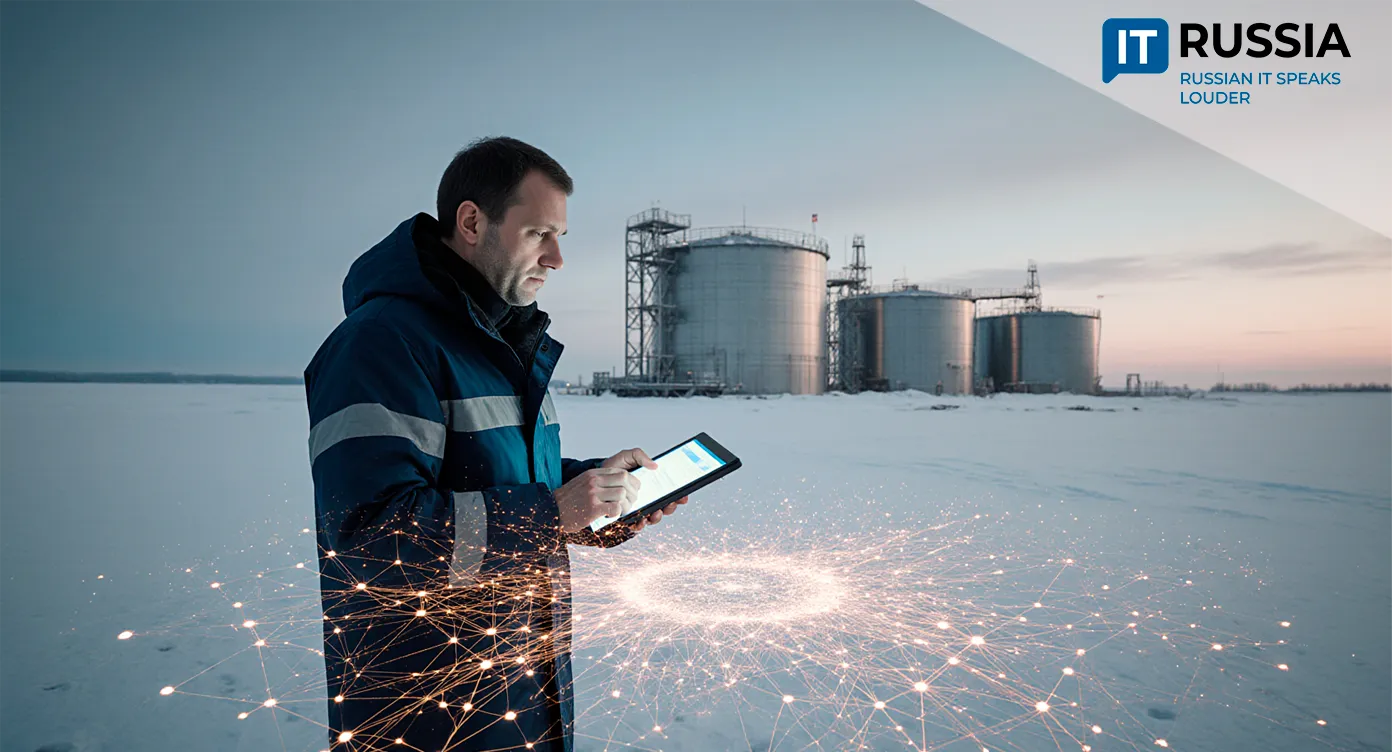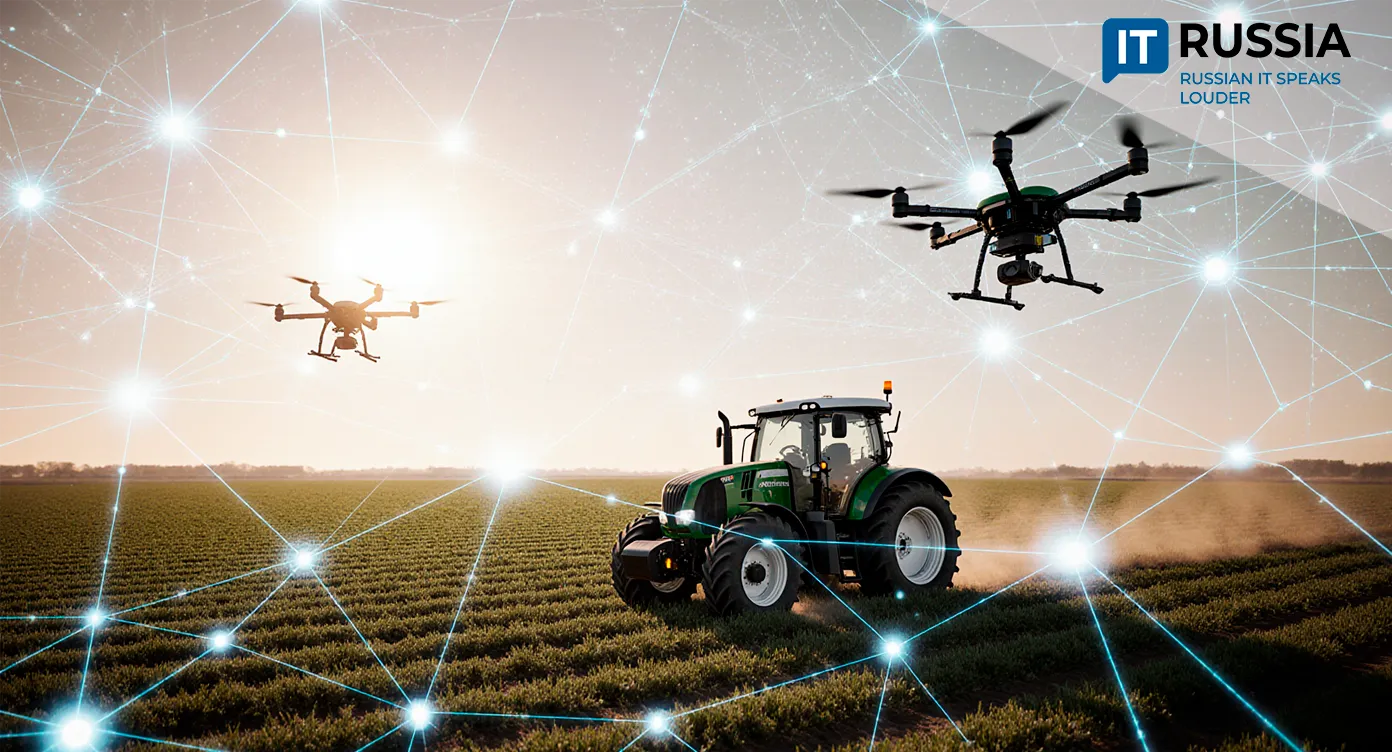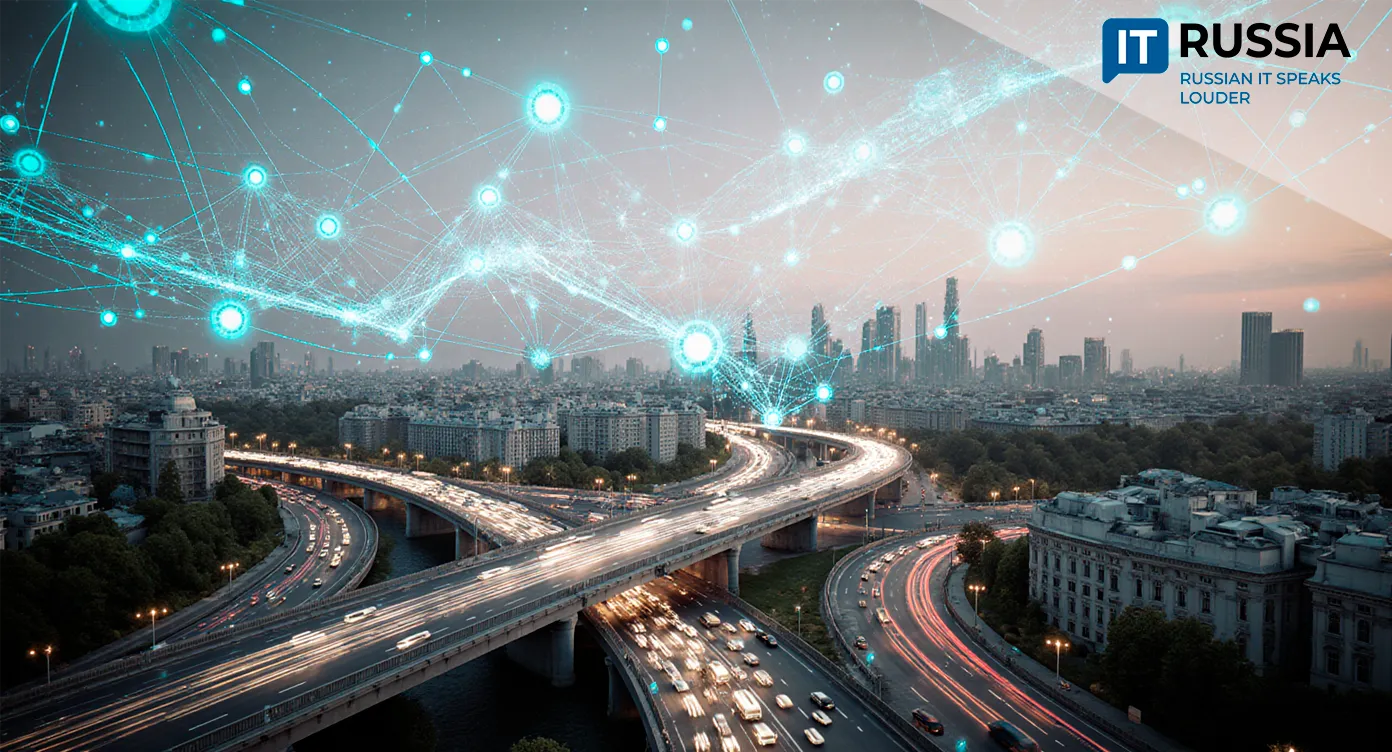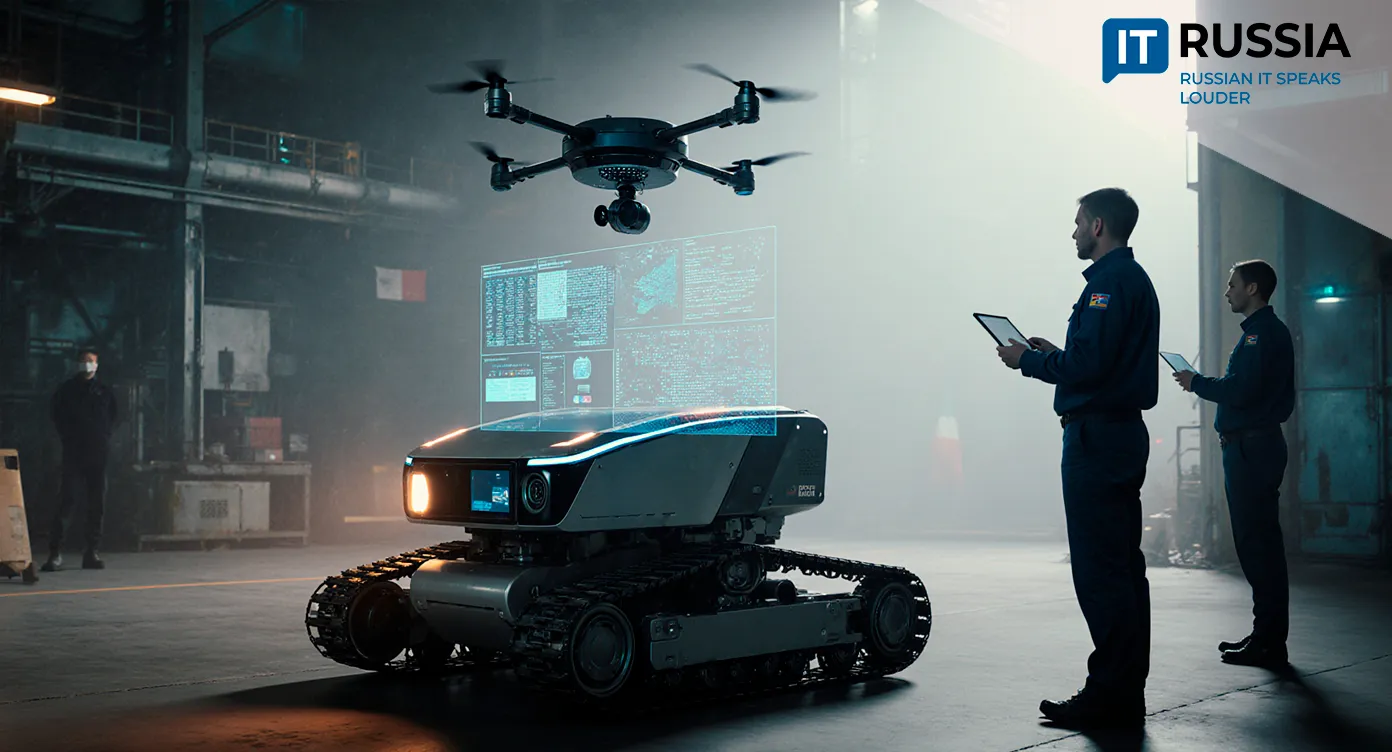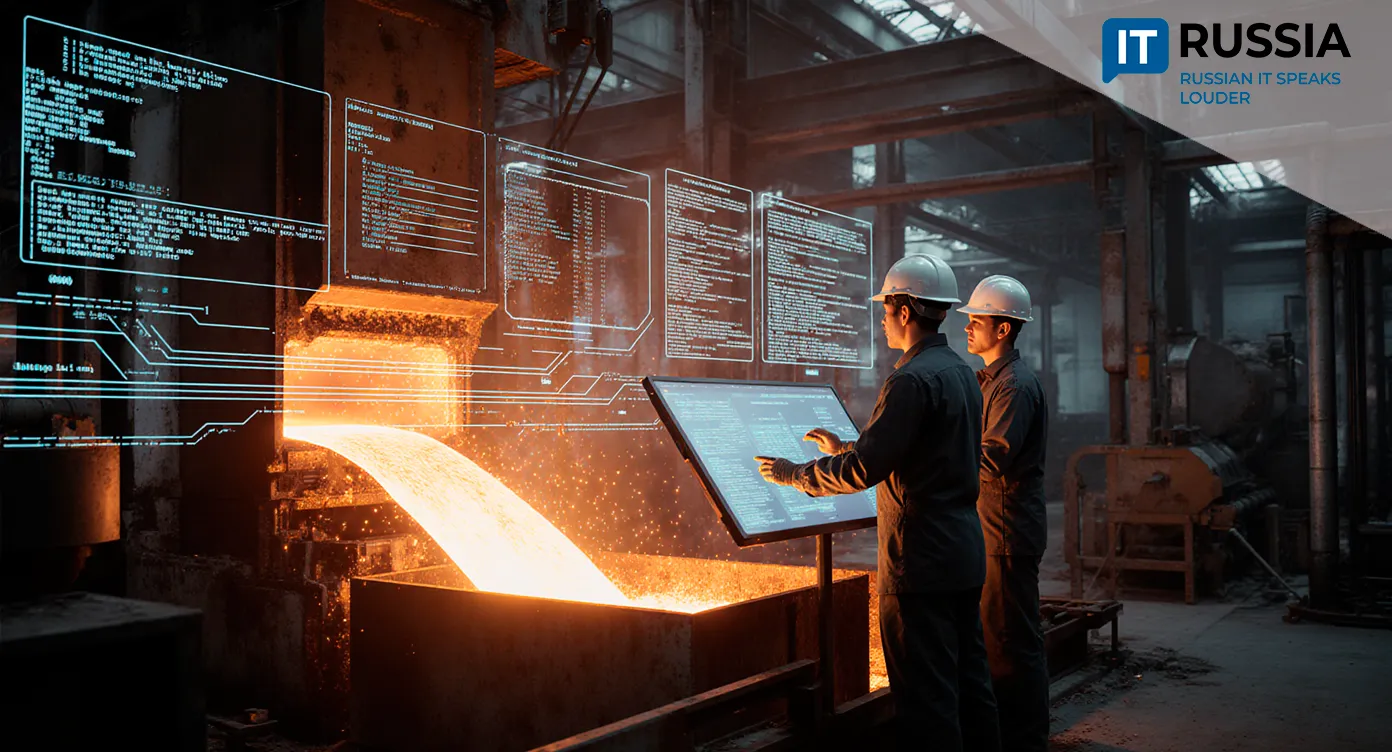Digital Energy 2035: How Russia Is Building an Intelligent Power System for the Future
Russia’s energy sector is on the brink of a massive transformation. The goal: to build a fully digital model of the national power system by 2035.
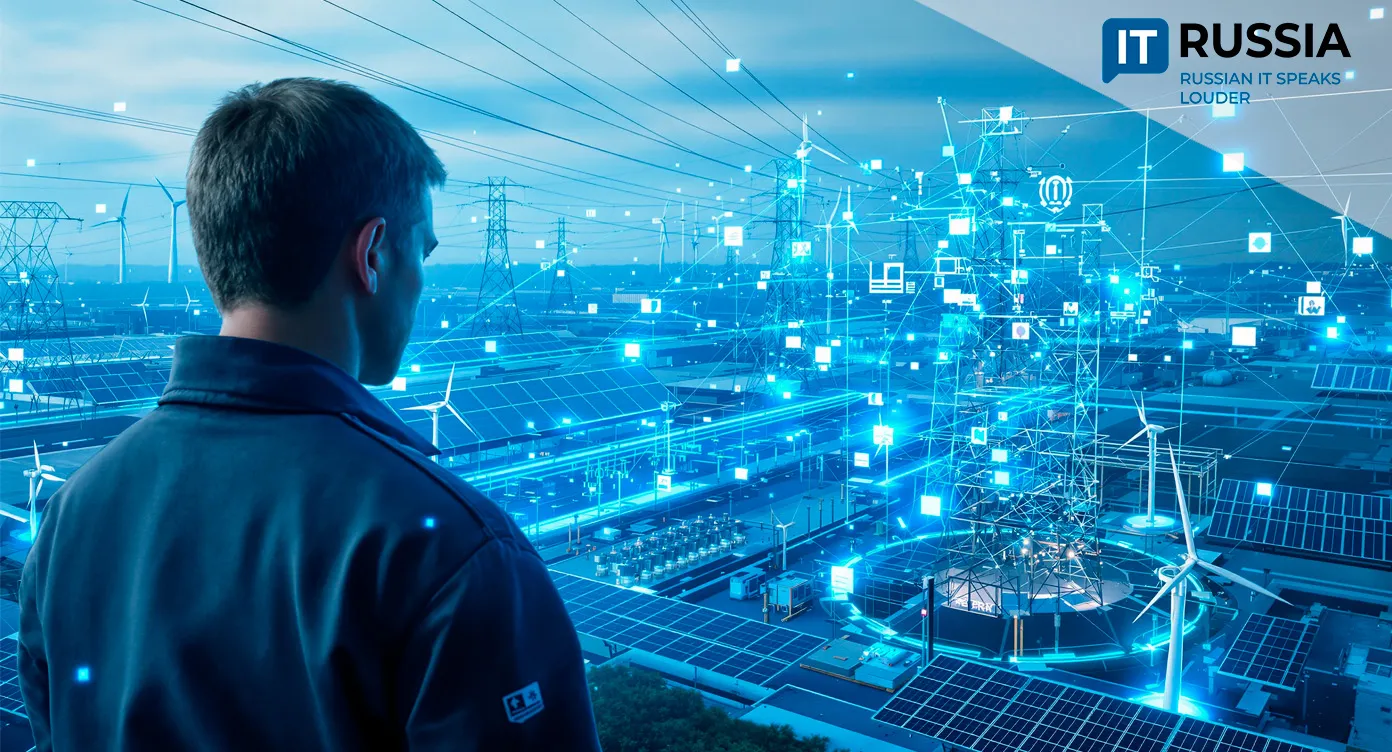
From Strategy to Reality: What a “Fully Digital Model” Means
At the Russian Energy Week, Deputy Prime Minister Alexander Novak highlighted that digital transformation is now a national priority. This agenda encompasses total automation, the deployment of robots, digital twins, and platform-based solutions. According to experts, the industry has already achieved around 40% of its digitalization potential.
Digitalization in energy goes far beyond installing smart meters. The objective is to create a unified cyber-physical environment in which every asset — from power plants to transformer substations — has its virtual twin. These digital replicas receive real-time data from sensors, enabling system behavior modeling, load forecasting, incident prevention, and optimized maintenance planning.
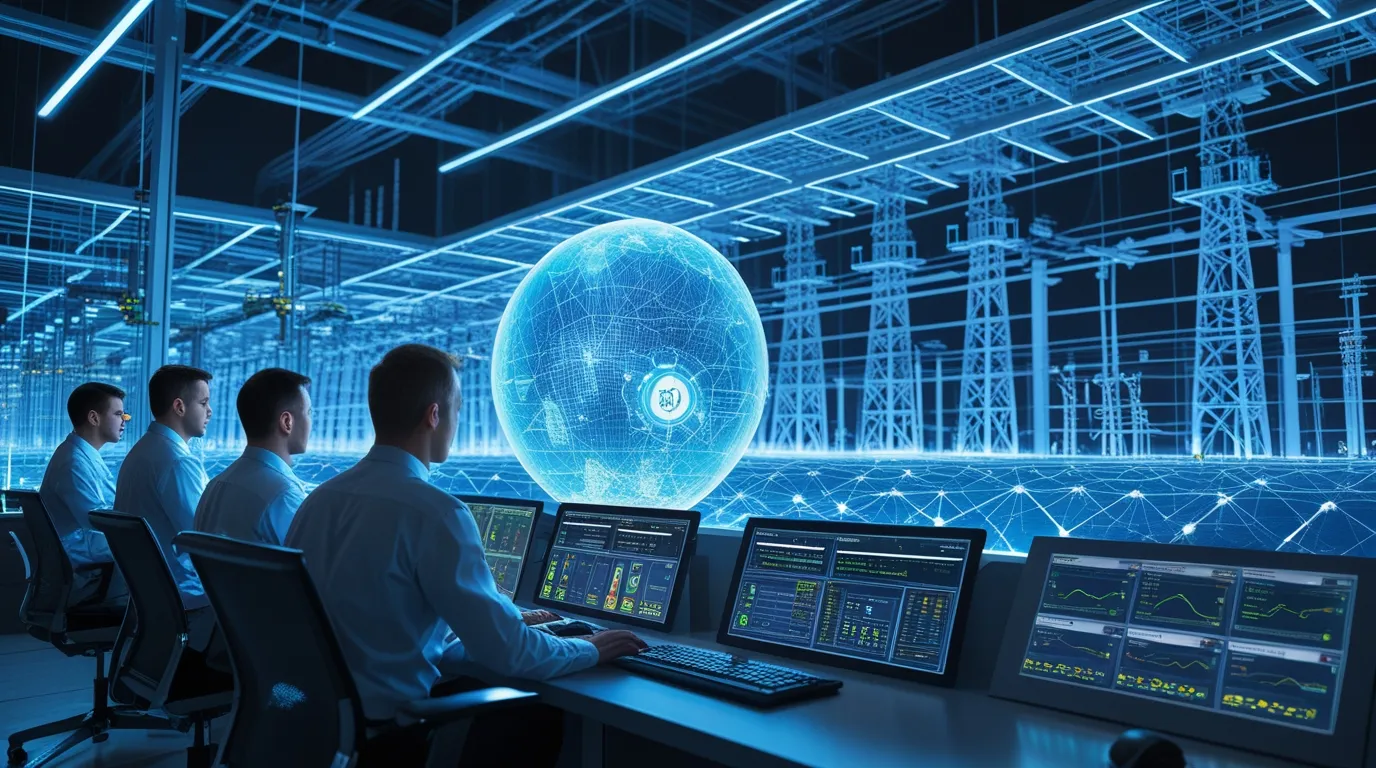
The main drivers behind this transformation are greater efficiency, resilience, and energy security. In practice, these improvements will deliver tangible benefits for consumers and the economy as a whole.
From Domestic Modernization to Export-Ready Technology
Successful implementation of the digital energy agenda will open new horizons for Russia. Domestically, it will lead to the creation of smart grids capable of dynamically balancing energy demand and supply. Artificial intelligence will be used on a large scale to forecast loads and perform predictive equipment analytics.
In the long run, the accumulated expertise and locally developed technologies — including management platforms, control systems, and digital twin software — could become competitive exports. This gives Russia a foothold in the growing global market for digital energy infrastructure, especially among nations that are just beginning their modernization journey.
From National Program to Large-Scale Projects
The foundations of this transformation were laid back in 2017, when the national program “Digital Economy of the Russian Federation” was approved, followed by the launch of the Ministry of Energy’s departmental project “Digital Energy.”
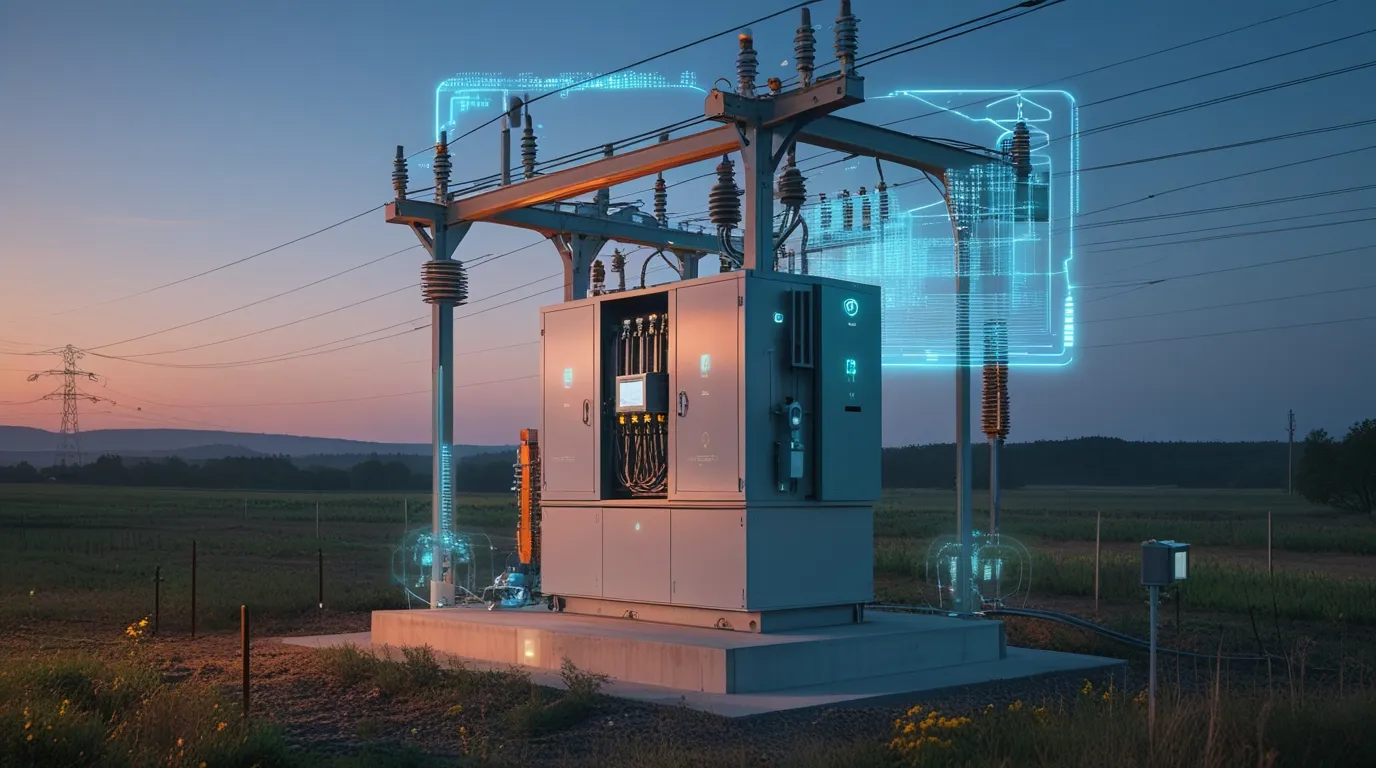
Presidential decrees in 2020 and 2024 designated digital transformation as one of Russia’s national development goals through 2036
Today, large-scale digitalization projects are already underway. In Moscow, digital power grid districts have been established. The Federal Grid Company (Rosseti) is building a digital twin of the national energy system, comprising over half a million individual assets. Pilot projects such as the smart grid in Ufa have demonstrated how data analytics and monitoring systems can significantly enhance the reliability of urban distribution networks.
Challenges on the Road to Digital Breakthrough
Achieving full digitalization by 2035 comes with major challenges. Chief among them is the need for massive investment to modernize existing, often outdated infrastructure.
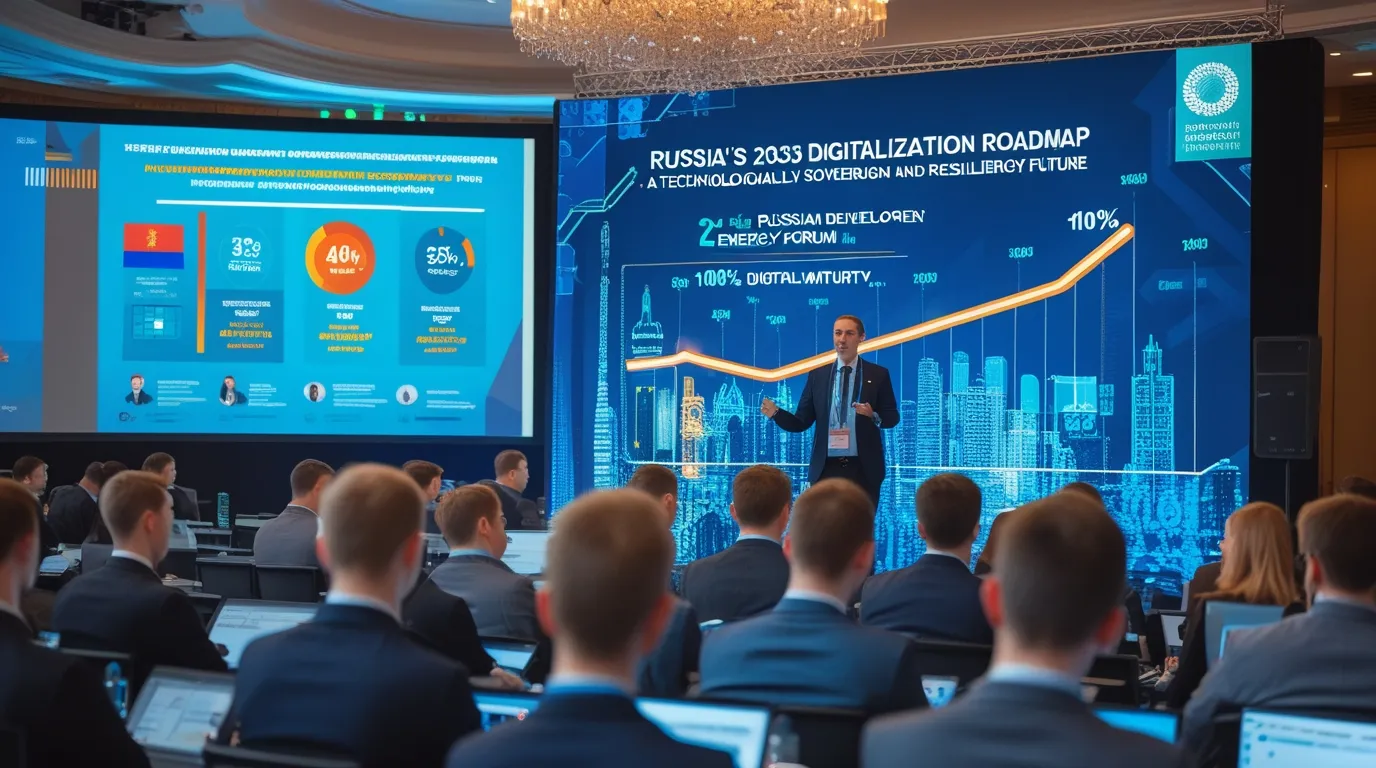
Human capital is another critical factor. The industry will require thousands of experts in data science, cybersecurity, artificial intelligence, and digital modeling.
The 2035 digitalization target is more than an ambitious slogan — it’s a strategic course for an industry that underpins the entire national economy. Moving from the current 40% to 100% will be a complex process requiring coordinated action by government, business, and academia. Yet, this very path will determine whether Russia’s energy system can evolve from a resource-based to a technology-driven powerhouse, ready for the challenges of the 21st century. In the coming years, new pilot projects and national standards will emerge, laying the groundwork for an intelligent, secure, and efficient energy ecosystem.



